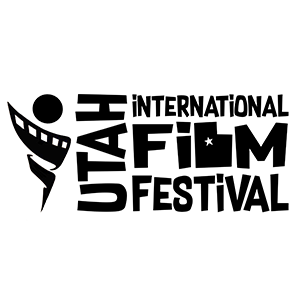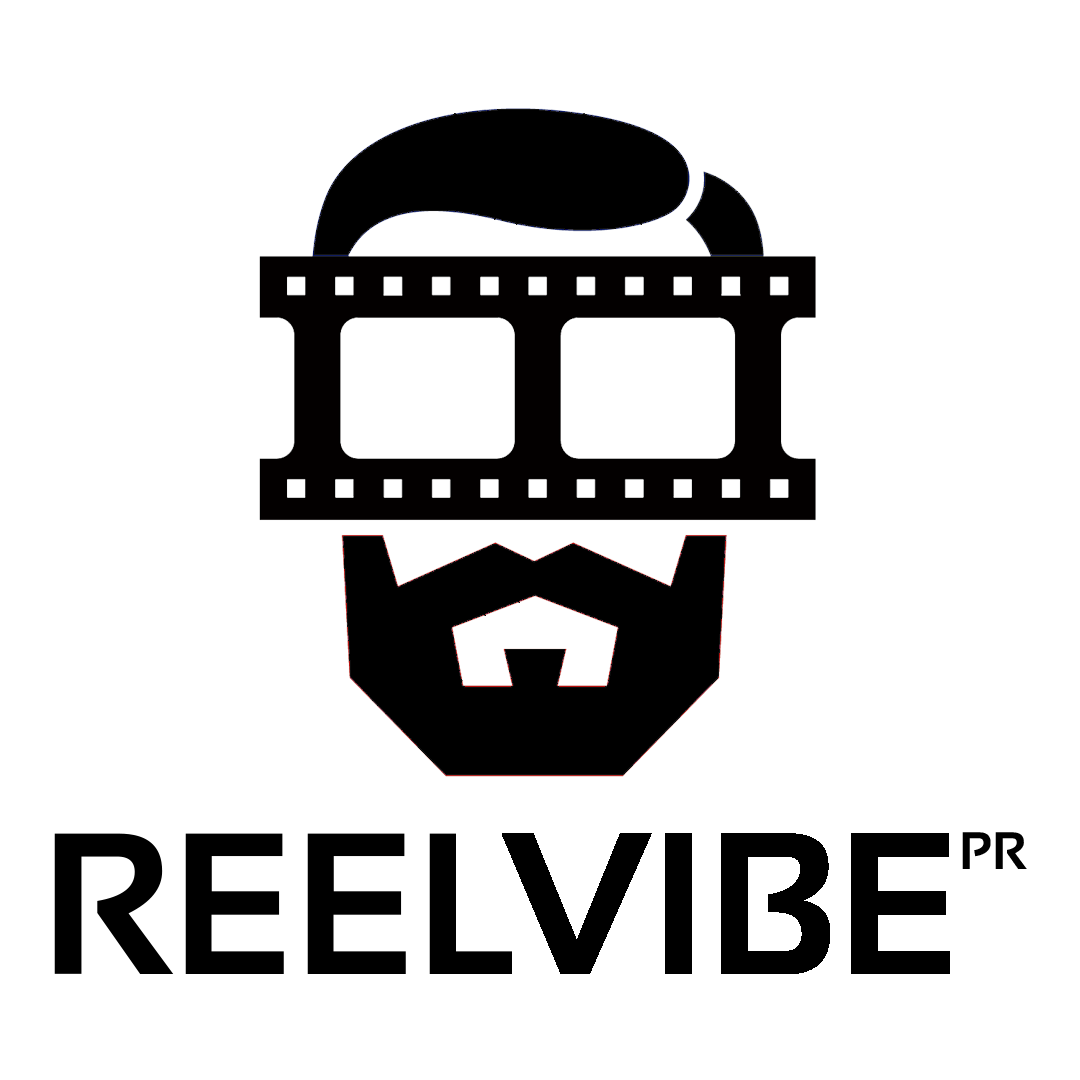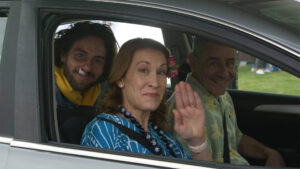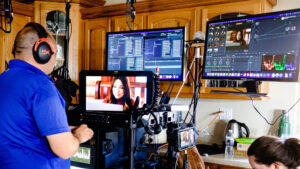Behind the scenes of “This Bloody Country”
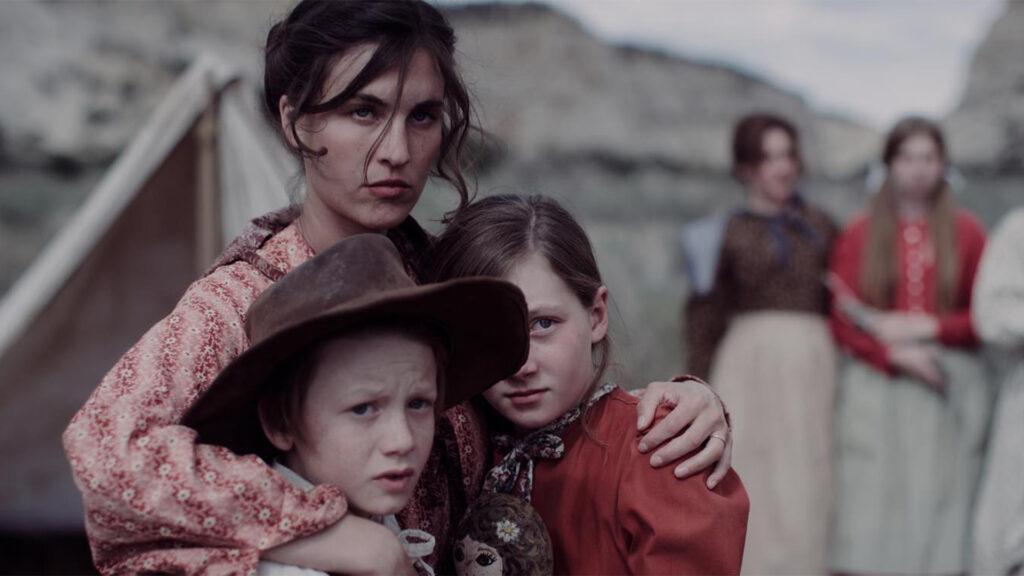
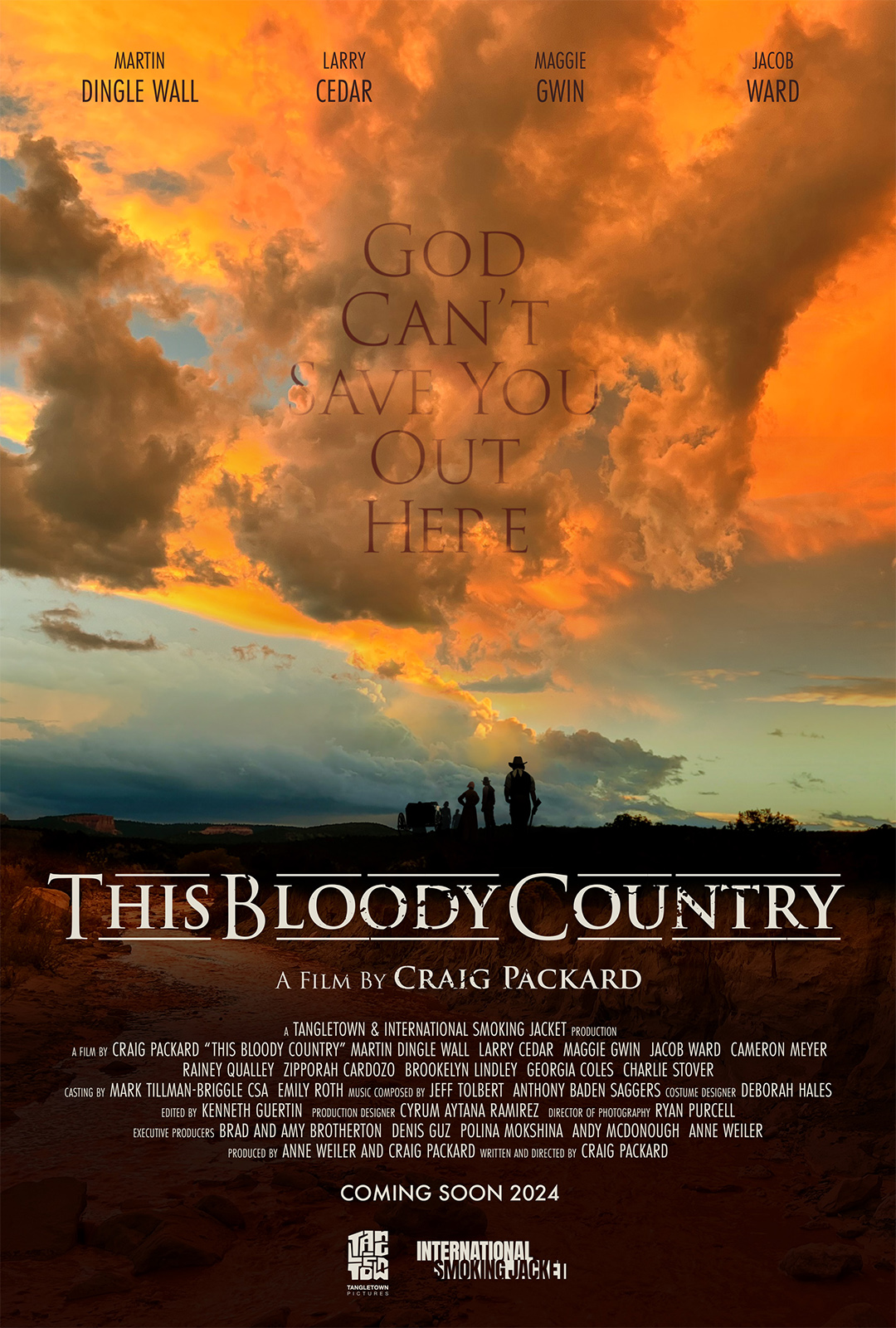
In the summer of 2022, I received a phone call from Anne Weiler, the producer of “This Bloody Country” filming in a secluded area in southern Utah. We chatted about the challenges of filming in such a remote location and the value of having a great team of professional cast and crew on site to create cinematic magic.
As the film finishes up in post production I had an opportunity to chat with Anne again as well as “This Bloody Country” director Craig Packard and they shared insights into the film’s inception, casting process, challenges faced during production, and the intricate post-production that brought the wild west to life.
Inspired by the late Australian actor Paul Eenhoorn. The character of Ned, played by Martin Dingle Wall, emerges as a stranger from a distant land thrust into the world of Mormon pioneers. The narrative unfolds from the unique juxtaposition of these characters, forcing them to rely on each other in a life-or-death situation.
Craig Packard, making his first feature film directorial debut, discusses how his experiences with shorts and music videos prepared him for the challenges of a full-length feature.
“When I started out, I did almost everything myself, and that gave me a certain confidence in communicating with the various departments” said Packard. “I don’t know their jobs better than they do, but well enough to know what’s reasonable to push for. Over time, my crews got bigger and I felt comfortable as a leader working with various people to achieve an overall vision. I also used to be a high school teacher, so this is comparatively easy and fun.”
“What prepared me for the feature was running a technology startup for 7+ years, and then selling it” said Weiler. “It’s very very similar. First you have to convince people of your vision and get them to invest. Then you’ve got to convince people to help you build it for less money than they might normally command. And eventually you need to find an exit.”
I am constantly curious about casting decisions. When asked about the casting process the filmmakers highlighted the diverse cast, emphasizing the range of ages required for the film. Casting director Mark Tillman played a pivotal role in recognizing talent and selecting individuals passionate about the story. The challenging remote location required a cast willing to endure hardships, with online auditions leading to in-person meetings for the key roles.
“We started with online auditions, and then did some in-person for the leads, except for Martin Dingle-Wall who we did not meet until he flew in for the shoot. Another key determination with our cast was that they had to be game for our remote location. We were on location for 18 days, and shooting 6 day weeks. The 7 principles shared two cabins—the men in one and the women in another, internet and cell service were sparse, and we had flash floods. It wasn’t luxurious and they were away from loved ones. We were so fortunate that they were up for that, and even more fortunate with how fantastic they were. They were great throughout, and each surprised me with moments of brilliance that elevated the material beyond what I had created.”

Filmmaking can be a rewarding experience on many levels. The duo expressed their joy in being on set, particularly the unique experience of the cast living together in the remote location for the entire shoot. This shared living arrangement fostered a strong connection among the cast and crew, contributing to the authenticity of the on-screen family dynamic.
Acknowledging the ambitious nature of shooting a period piece on a minimal budget, the filmmakers discussed the difficulties faced in a remote Utah location. The team paid meticulous attention to props and costumes, balancing the challenges of transportation, communication, logistics, and unpredictable weather. The Utah vistas added a grandeur that transcended the budget constraints.
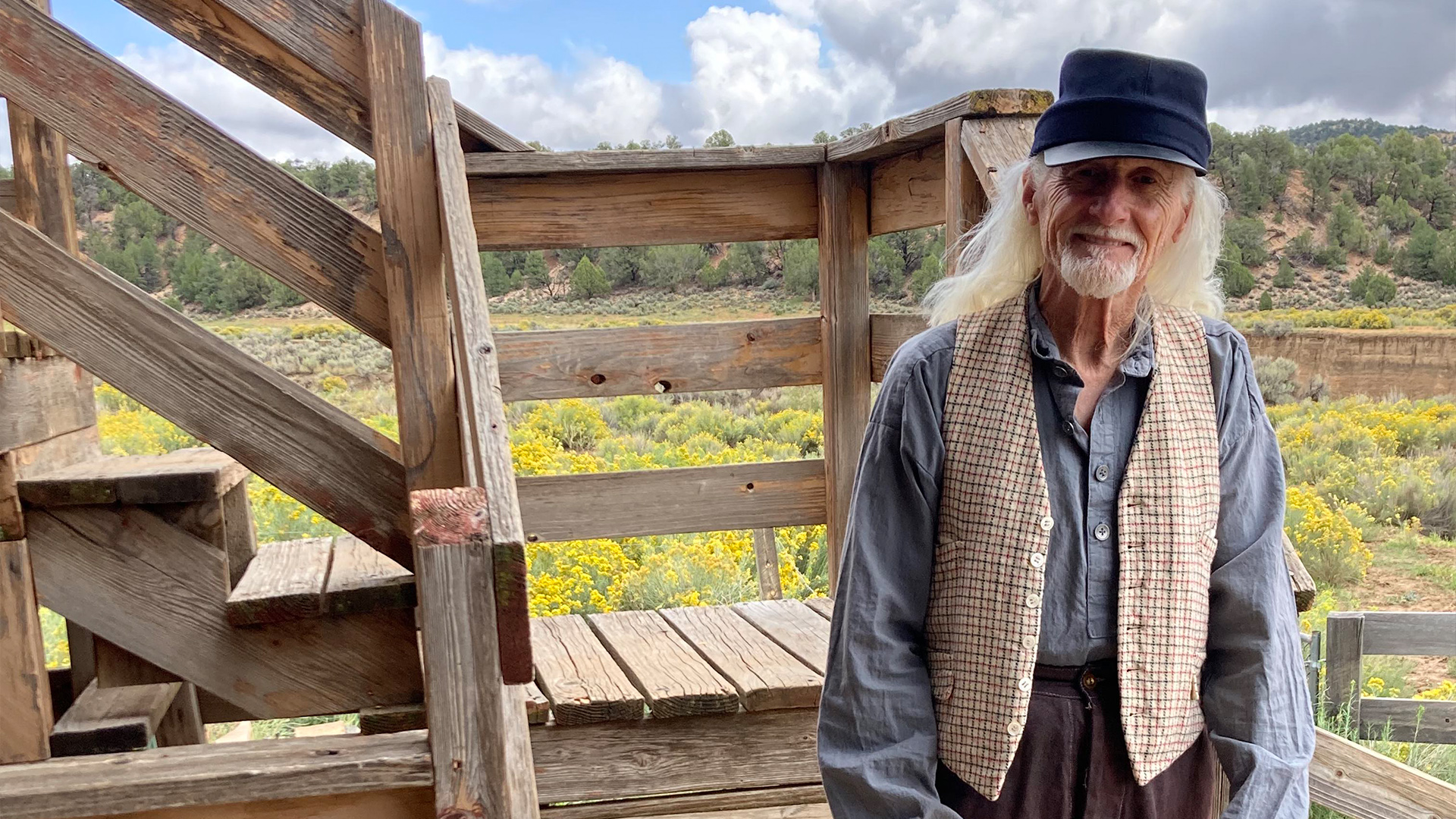
Now that we are able to get glimpses of what the final film will look like, I mentioned how memorizing the music Anthony Baden Saggers and Jeff Tolbert have worked on together. The entire post production process (editing, music, sound design, color, vfx, etc) pull all the elements from the production and the film takes shape and “This Bloody Country” is looking exceptional.
“Much like the actors, who from day one of shooting elevated what was in the script, our editor, Ken Guertin, took things up significantly as we worked through the editing. Our sound designer, David Ho, added depth and an immersive sense. Our colorist, Michael Lafuente, helped give the picture the mood and gravitas I was after. And our composers worked their magic to support and strengthen the emotional impact of the story. At every step of the way, each person took the film to a higher level and I’m really happy with what we were able to achieve.”
Reflecting on the experience, the filmmakers expressed satisfaction with the film’s achievements, despite the desire for more time and resources.
“I do have one tiny regret, though. I really wanted to get a shot of the family slogging through the dunes at Coral Pink Sand Dunes State Park, but it meant giving up most of our day to a company move, and time was just too precious. In the end, we had an embarrassment of riches, as it were, with the beauty of our surroundings and the film is full to the brim with it.”
The filmmakers are eagerly awaiting news on the world premiere and plan an extensive festival run, expressing sentimental interest in screening at the Kanab Film Festival. For those curious about their future endeavors, audiences are encouraged to keep an eye on industry publications for updates on upcoming projects.
“This Bloody Country” stars Martin Dingle Wall as ‘Ned Campbell,’ Maggie Gwin as ‘Lillith Ballard,’ Rainey Qualley as ‘Abigail Ballard,’ Jacob Ward as ‘Nathaniel Ballard,’ Larry Cedar as Josiah Ballard” and Adam Hightower as Earl Mitchell.
Now it’s time for me to hit the road and find the next tale to tell from the storytellers themselves. See you on set.
